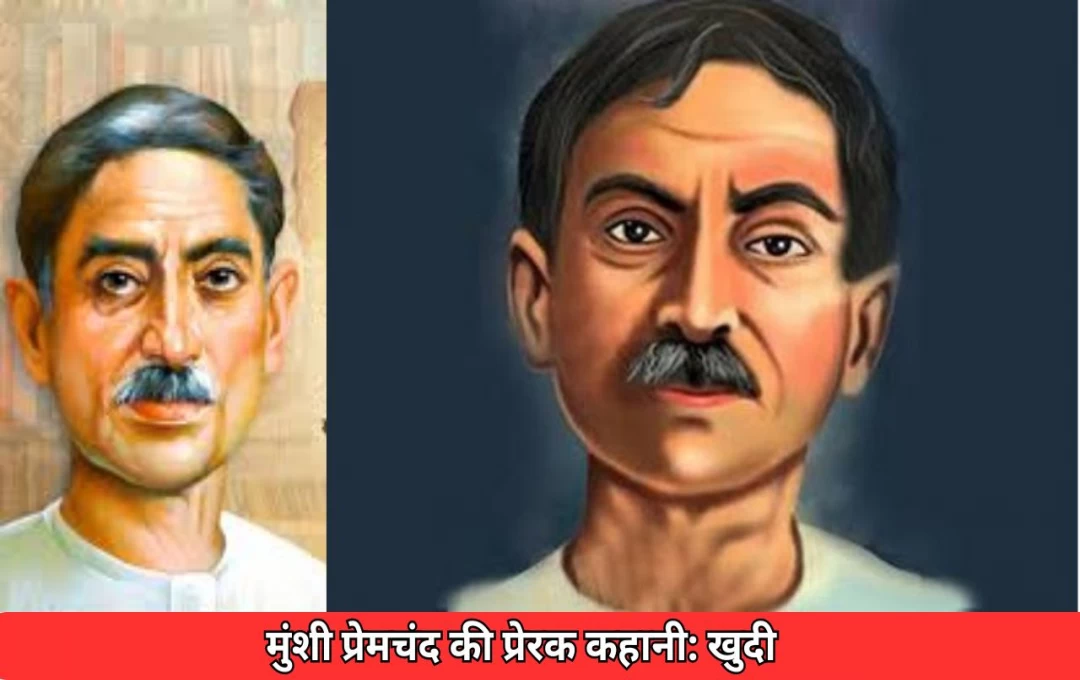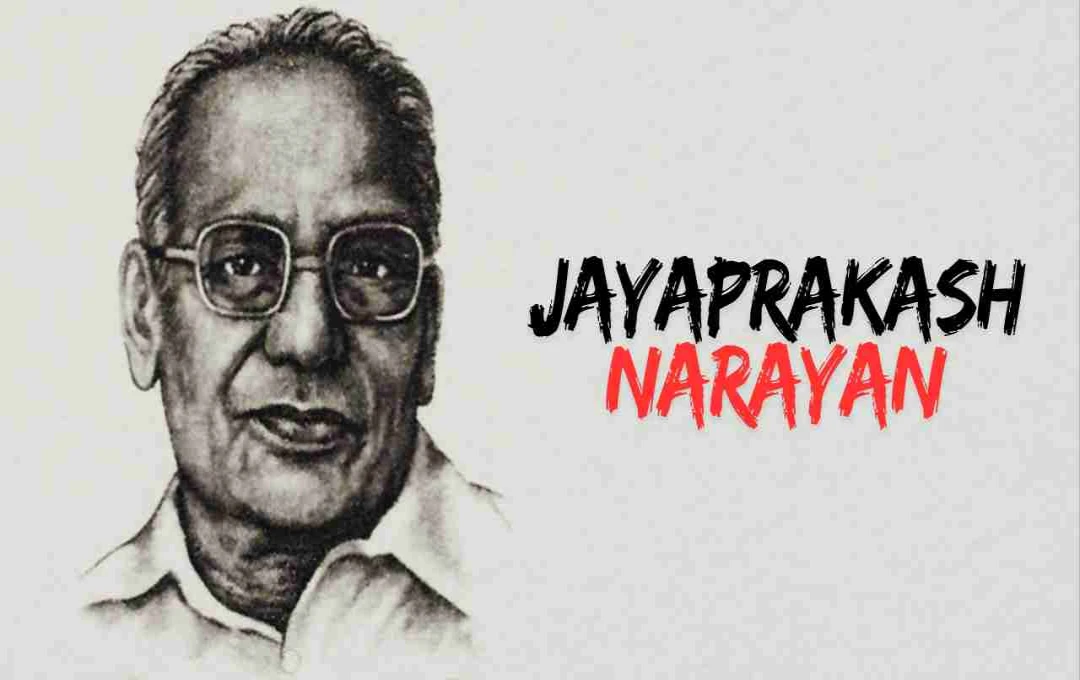Friends, our nation has, for centuries, been a cradle of great souls – sages, poets, writers, musicians, and more. The countless creations authored by these luminaries are invaluable treasures. Today's youth, in this digital age, seem to be lost, drifting further from our heritage and precious legacy. Subkuz.com constantly strives to bring you these invaluable treasures, along with engaging stories, news, and insights from around the world. Presented here is a truly inspiring story, penned by the great Munshi Premchand, a timeless tale of self-reliance.
Self-Reliance
Munni, when she arrived in Dildar Nagar, was no more than five years old. Completely alone, her mother and father, she knew, were either deceased or had gone abroad. Munni vaguely remembered a goddess who used to feed her and a deity who carried her on his shoulders, showing her the fields. But she spoke of these things as if they were dreams, unsure if they were real or merely imaginings. When questioned about her parents, instead of answering, she would weep, and to avoid the questions, would point upward, saying "above," or "there" while looking towards the sky. No one understood the meaning behind her "above" and "there". Perhaps not even Munni herself. Only that one day, people saw her playing beneath a tree, and that was all anyone knew of her.
The girl's beauty was captivating; anyone who saw her was enchanted. She had no worries about food or sustenance. Whoever offered her something, she would eat and then resume her play. Her appearance suggested she came from a respectable home. Regardless of the poverty of her surroundings, there was always enough food and a scrap of cloth for her to sleep on. She belonged to everyone, and yet, to no one.
Days passed, and Munni grew old enough to perform tasks. Someone would say, "Go wash these clothes at the pond." Munni would go without a word. But on the way, someone else might call, "Child, fetch two water pitchers from the well," and she would leave the clothes and go to the well. Another request might be, "Get some greens from the field." And she would leave the pitchers to collect the greens. The women waiting for the water, watched, grew weary, and finally, exasperated. Finding the pitchers untouched at the well, they would scold Munni, vowing not to give her anything to eat. The women waiting for the washed clothes, similarly, would be frustrated and scold her for not bringing them back, finding the clothes still by the pond. In these moments of deprivation, Munni would remember her carefree childhood, when everyone provided for her needs. She would ponder: Whose work should I do? Whose not? Whom should I answer to? Who is mine? I am everyone's. Little did she realize that which belongs to everyone, belongs to no one. How fortunate were those days when she did not need to think about food, or anyone's joy or sorrow. Even in her hardships, that childhood was a time of peace.
Time passed, and Munni grew into womanhood. Initially, she was the adored girl of the women, then the beloved of the men. She was the village's sweetheart, yet no one was her true love. All spoke of their love for her, saying they would die for her; that she was their life's desire, but none truly understood her, offering no solace or companionship. Everyone wanted her affection but no one offered her loyalty. She was everyone's, yet her heart's door remained open to all but closed to any true commitment.
This innocent girl, who had wandered into the village, became its queen. When she raised her chest, with regal bearing, moving with grace, the young men held their breath, their eyes captivated by her beauty. Who would not gladly sacrifice their life for a single glance from her? The orphaned girl who had never known the joy of toys, now played with the hearts of men. She gave and took affection, teased and comforted, scolded and pleaded. In this game, she found a certain sadistic thrill. The tables had turned. Previously, she belonged to everyone, but no one belonged to her. Now, everyone belonged to her, but no one truly held her heart. She craved something she could not find. No one had the courage to say, "From now on, you are mine." Many offered their hearts, but no one offered their trust or devotion. In fact, she looked upon them with disdain. No one was worthy of her love. These weak souls, were no more than playthings, whose affections were fleeting and meaningless.
When a young man stood before her with trays of sweets and garlands of flowers, she felt a surge of repulsion. Those things were like poison. What she desired instead were simple, wholesome meals and genuine affection. Jewels and wealth seemed like stinging nettles. What she craved were heartfelt words, filled with love and sincerity. Palaces were offered, silks to wear, and exquisite feasts to eat, yet she sought nothing material. What she truly desired were humble huts, simple, rustic foods. She prized the freedom of the open air above the confines of a gilded cage.
One day, a stranger arrived in the village. A weak, impoverished man, he sat beneath a tree, eating a meal of sattu. Munni walked by. "Where are you going?" she asked.
"To hell!" he replied tersely.
"Why? Isn't there any place for you in this world?"
"There may be places for others, but not for me."
"Is your heart wounded?"
With a cruel laugh, the traveler responded, "What more can be expected of a wretch like me? Crying, lamenting, and drowning in despair. This is the sum of their existence. I have already accomplished the first two stages, and the third is near completion. With God's will, it will soon be fulfilled."
These were the words of a heart wounded by despair. Without a doubt, a heart resided within him; where else could this pain originate? Munni, yearning for something more, asked, "Why not seek out loyalty elsewhere?"
"It is not meant for me," the traveler sighed. "If it were, then my refuge would be shattered. I am devoid of wealth. I am destitute. If loyalty were a commodity, it would not be gifted to a man like myself."
"Munni realized her perception was misguided. The stranger wasn't black, but dark-skinned. His features captivated her, and she declared, "No, that's not quite right. Your initial thought was correct."
Having said this, Munni departed. Her feelings were out of control. The stranger remained lost in thought. He pondered the girl's words, wondering if true love could be found in this land, or if fate would once again betray him.
The traveler spent the night in the village. The next day, he did not leave. On the third day, he built a hut of reeds. Munni asked, "For whom do you build this hut?"
"For someone I hope will be faithful," he replied.
"Will you stay here?"
"The hut will remain."
"Empty houses are haunted!"
"The ghost of a beloved is the only true companion."
The next day, Munni moved into the hut. The villagers marveled, assuming she would be unfaithful to this simple traveler, yet Munni was overjoyed. She had never looked so radiant, nor so happy. She had found someone who truly understood her soul.
But the traveler worried the next day that he might not return. Where was fidelity in such a person? He remembered previous promises, vows, and agreements. But how long do fragile threads hold? Would they not break again? The fleeting moment of joy passed, and the familiar shadows of despair returned to his heart. His wound remained unhealed. He spent the day in melancholy and vanished on the fourth day. All that remained was his hut of reeds.
Munni waited for him, hoping for his return, day after day. Months passed, and there was no word, no letter. Yet Munni never lost hope. She continued working during the day and resting in her hut each night, which now felt like a sanctuary. A fortress to withstand the gaze of unworthy suitors.
One day, as she carried a bundle of wood, some mischievous lads teased her, "Munni, why do you treat your delicate frame so poorly? I would give you a pile of gold for one of your kind glances."
"Your gold is yours," Munni retorted coldly, "I trust in my own hard work."
"Why are you so proud? He will never return."
"Where can he go, who shall return? Having found his place in my heart, where can he possibly roam?
Later, another admirer approached, "A palace awaits you. Why are you dwelling in this wretched hut?"
"This humble abode is more valuable than a thousand palaces," Munni boasted, "It contains that which I found nowhere else, that which cannot be found anywhere else. This is not a hut, but the heart of my beloved."
Munni resided in that hut for seventy years. Until her dying day, she remained hopeful for his return, her eyes fixed upon the door. Some of her suitors are now gone. But from the moment she found her true love, a radiant glow shone from her face that repelled the envious and the unworthy. When self-reliance awakens, the weak spots in a heart hide from it.
And so ends the inspiring tale by the great author, Munshi Premchand. This story provides profound insights. The entire team at Subkuz strives to share daily stories with our visitors. Continue reading inspiring and informative stories on Subkuz.com.







